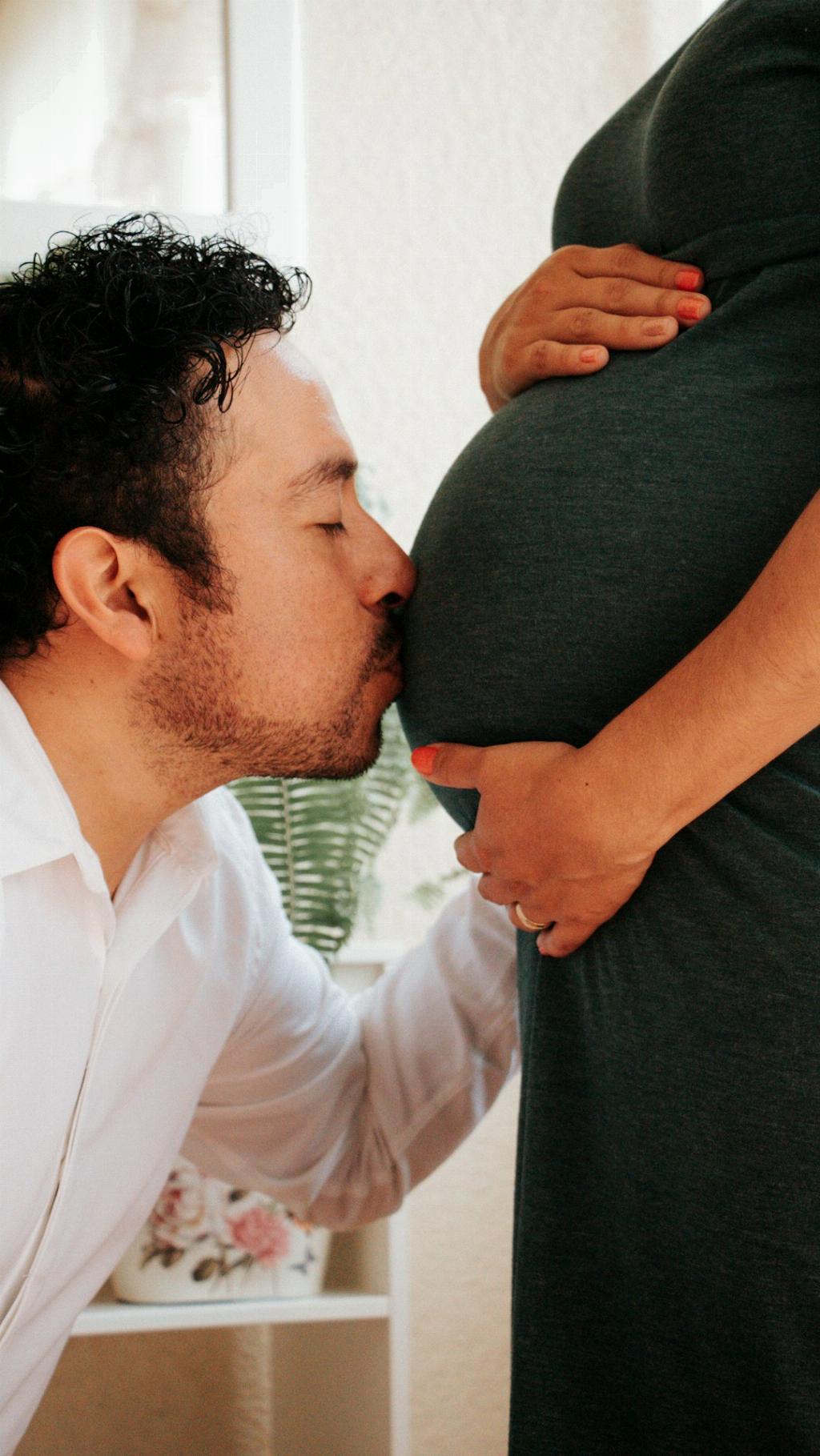As an expectant mother, the journey through pregnancy is a remarkable experience filled with excitement and anticipation. However, as your body undergoes significant changes to accommodate the growing life within, discomfort can become an inevitable part of the process.
During the early stages of pregnancy, many women may not experience significant discomfort. The first trimester is often characterized by symptoms like morning sickness, fatigue, and hormonal changes, rather than physical discomfort related to the baby’s growth and development.
It is usually around the second trimester that some women may begin to feel the effects of their expanding belly. As the uterus grows and the baby starts to put pressure on internal organs, you may start to notice some discomfort, particularly in the lower abdomen and pelvic area. This discomfort is often mild and manageable with proper self-care and rest.
However, it is during the third trimester that many women start to experience more pronounced discomfort as the baby continues to grow rapidly. The added weight and pressure on the back, hips, and pelvis can lead to a variety of aches and pains. Additionally, the release of pregnancy hormones relaxes the connective tissues in the body, making you more susceptible to physical strain and discomfort.
One common source of discomfort in the third trimester is back pain. As the baby grows, the curvature of the spine changes to accommodate the extra weight in the front of your body. This shift in posture can put strain on the muscles and ligaments of the back, leading to varying degrees of discomfort and pain.
Furthermore, the pelvic area can also become a source of discomfort for many pregnant women. The relaxing hormones released during pregnancy can cause the pelvic joints to become looser and more flexible, leading to instability and potential pain. This can be especially challenging for women who are more physically active or have had previous issues with pelvic pain.
As your due date approaches, the discomfort may intensify as your body prepares for labor and delivery. Braxton Hicks contractions, also known as “practice contractions,” can cause discomfort and tightness in the abdomen as your uterus practices for the real deal. These contractions may become more frequent and intense as you get closer to giving birth.
It’s important to listen to your body and communicate any significant discomfort with your healthcare provider. They can offer guidance on managing physical discomfort during pregnancy, such as recommending exercises, stretches, or providing support devices like maternity belts or pillows.
Remember that each woman’s experience of pregnancy discomfort is unique, and what works for one may not work for another. Finding ways to rest, relax, and prioritize self-care can go a long way in easing the physical challenges that come with the miraculous journey of pregnancy.
In conclusion, while discomfort during pregnancy is common, it is essential to recognize when it becomes more than just a passing inconvenience. By staying informed, seeking support when needed, and taking care of your body, you can navigate the discomforts of pregnancy with grace and resilience.

